12 Tips to Maintain Weight Loss After Using Ozempic and GLP-1 Medications

I'm Antoni Adamrovich, and I'm a nurse practitioner. I've been working around weight loss, hormones, and peptides for over a decade. Prior to becoming a nurse practitioner, I earned a Bachelor's Degree in biology and took as many exercise and nutrition classes as possible. In the last decade, I have been fortunate to be able to pass this information along and help thousands of people transform their bodies through improving diet, increasing activity, decreasing deconstructive activities, correcting hormones, and utilizing safe weight loss supplements and medications.
So naturally, patients are asking me a lot about weight loss drugs.
And I'll tell you what I tell them: Substantial weight loss that is long-lasting can only occur through safe and incremental weight loss. It must be accompanied by a nutritious and balanced diet, monitored intake, and physical activity. If there is an underlying medical condition or patients take longer to respond to diet and activity, I may utilize a supplement or medication to augment the process.
Some of the more promising weight loss medications to recently hit the scene are the glucagon-like peptides GLP-1. They are not without risk, similar to all medications, but for weight loss medications, they are not only fantastic for safe weight loss, but the downstream benefits are incredible. To echo my aforementioned statements as they apply to overall health, a balanced diet, daily physical activity plus sunlight, balanced stress, and adequate sleep cannot be overemphasized for overall positive health.
What is the Role of Ozempic and GLP-1 Medications in Weight Loss?
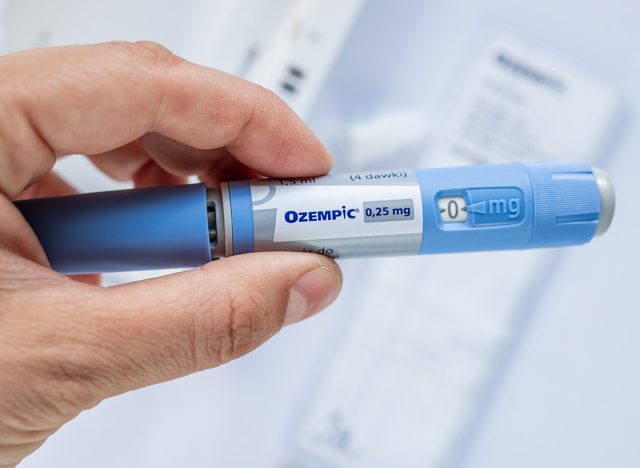
Think of it like this: We have glucagon-like peptides (GLP-1's) already in our body. These medications aim to mimic the ingestion of food or recreate those same hunger hormones that are produced when we actually consume food. These hormones are like text messages to various parts of our body that can receive them. They help to tell the body the location of food in the intestines. When the brain receives these messages that there is food in the intestines, it will signal to reduce consumption which will lead to a decrease in wanting to eat and feelings of fullness. When the pancreas receives these messages it will stimulate more insulin to help with incoming food and reduce glucagon, so put less glucose into the bloodstream. Besides the brain and pancreas, they also work at other sites, including the cardiovascular system, kidneys, bones, muscle tissue, reproductive system, and the liver.
How to Maintain Weight Loss After Using Ozempic and GLP-1 Medications
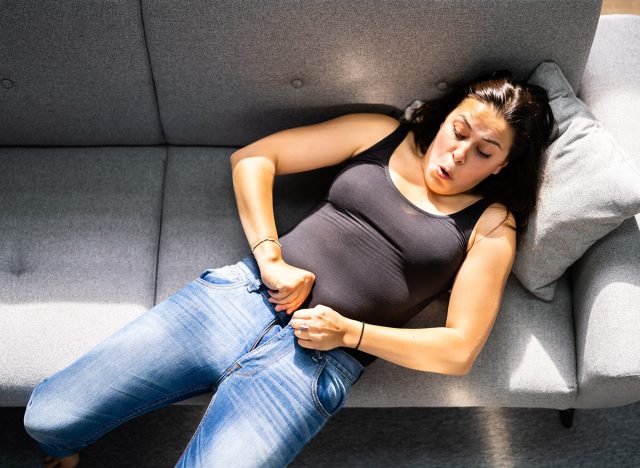
Some common challenges people face in maintaining weight loss after stopping GLP's include rebound weight gain, maintaining similar calorie consumption to what patients were consuming while on GLP's, increased inflammation, psychological issues with gaining any weight or "phantom weight." Here are 12 steps to maintaining weight loss.
RELATED: 20 Things You Need to Know About Ozempic and Weight Loss
Tip 1: Aim For A Slight Overachievement In Weight Loss
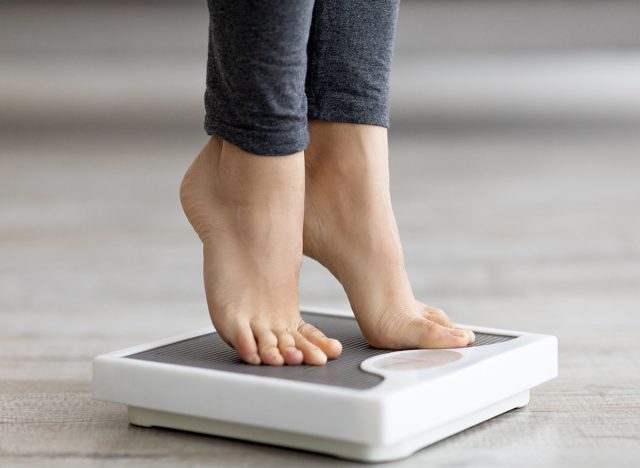
Try to lose 10% more weight than your goal to account for some slight rebound weight gain.
Tip 2: Leverage Technology For Nutritional Tracking
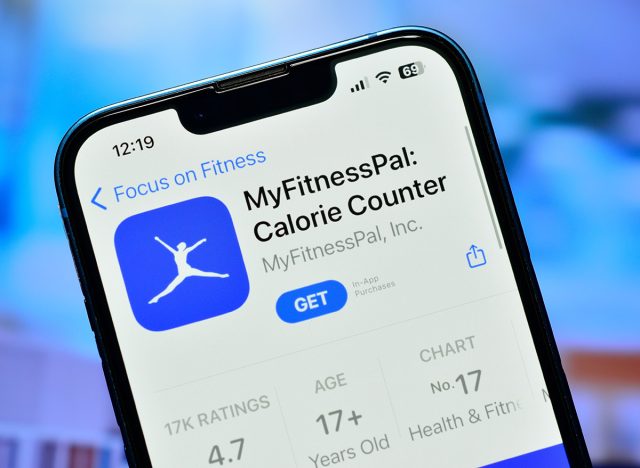
Use an app such as Cronometer or MyFitnessPal to track macronutrients and micronutrients on and off of GLP's medications. It is important to ensure patients are consuming the correct foods as well as similar calories to what they were while on GLP's to maintain their post-GLP weight.
Related: Benchmark Your Progress with Our Lean Body Mass Calculator
Tip 3: Maintain Heart-Rate Elevating Activities
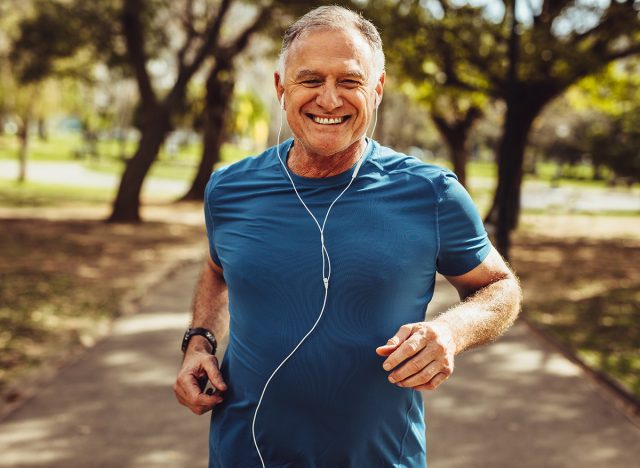
Continue daily activities preferably something that increases the heart rate.
RELATED: 20 Possible Ozempic Side Effects
Tip 4: Prioritize Hydration
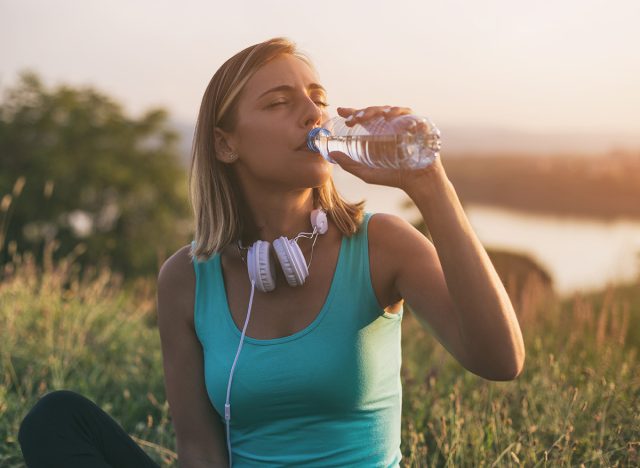
Continue to adequately hydrate about 3.7L (15.5 cups) daily for men and 2.7L (11.5 cups) daily for women.
Tip 5: Avoid Unhealthy Food Choices
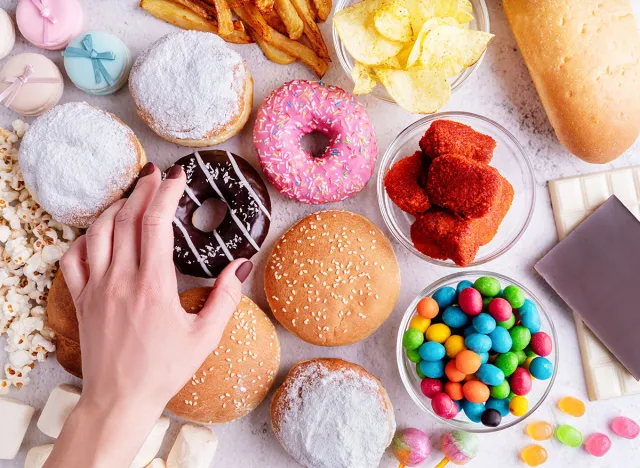
Continue avoiding processed foods, foods high in sugar, and high in trans fats.
Related: I Lost 160 Pounds Eating These High-Protein Snacks
Tip 6: Limit Smoking And Alcohol
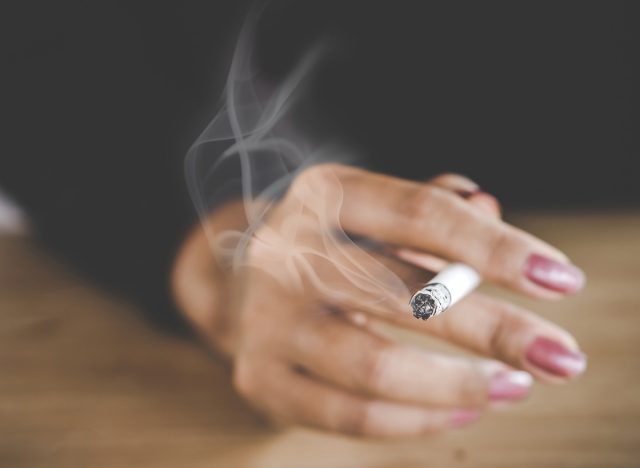
Continue avoiding smoking and excess alcohol consumption.
Tip 7: Explore Hunger-Reducing Supplements
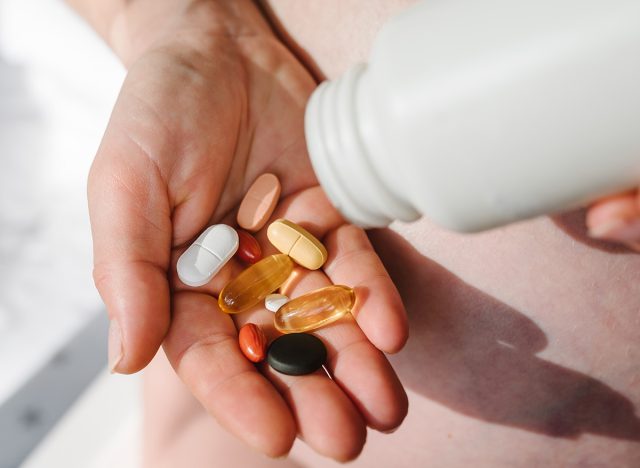
Consider adding supplements that help with reducing hunger like rauwolscine or yohimbine (may not be a good option for patients with a history of anxiety or cardiac issues).
Tip 8: Stimulate Endogenous GLP-1 Production
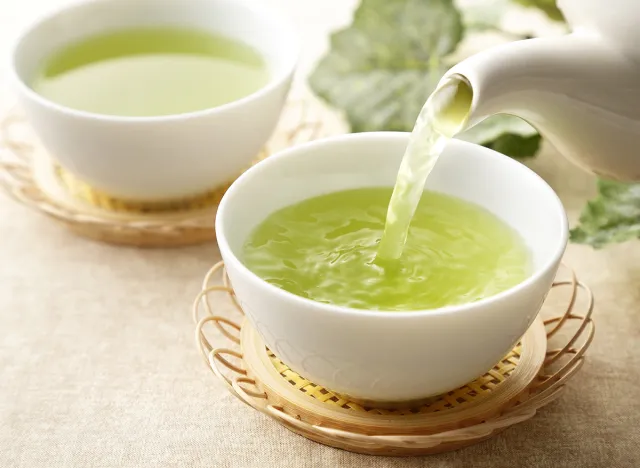
Consider supplements or foods that stimulate our endogenous GLP-1 production. These include green tea, maca, yerba mate (EGCG), berberine, resveratrol, tart cherry, hesperetin, kale, and rosemary.
Tip 9: Reduce Stress
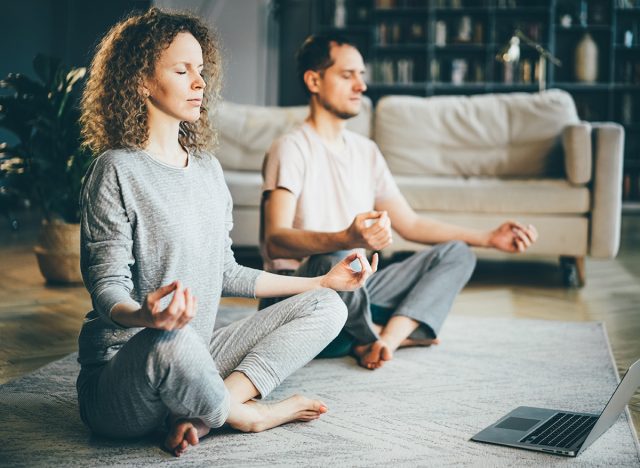
Reduce stress (meditate, pray, do yoga, read books, walk in nature).
RELATED: What Happens to Your Body When You Stop Taking Ozempic
Tip 10: Ensure Adequate Sleep
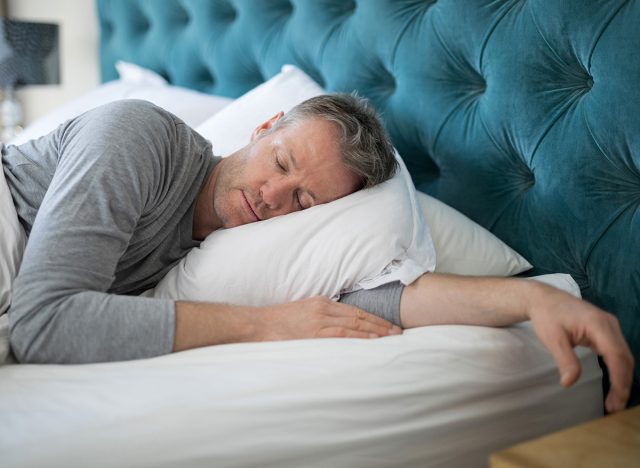
Continue getting 6-8 hours of sleep daily (stop hydrating 3-4 hours before bed, stop caffeine consumption 4-6 hours before bed; people sensitive to stimulants may need to stop earlier).
Tip 11: Get Daily Sunlight Or Vitamin D

Try to get daily sunlight or supplement with Vitamin D.
Tip 12: Focus On Gut Health
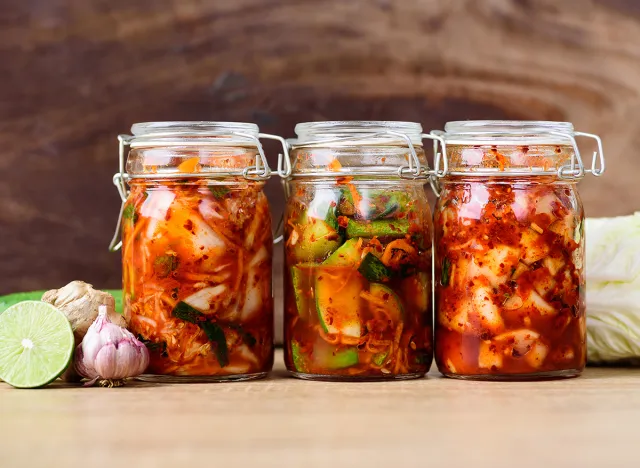
Focus on gut health, consuming fermented foods as well as foods high in insoluble fiber. Consider a good probiotic and focus on foods that will fulfill our micronutrient needs (Vit C, B, A, zinc, magnesium, selenium).
Related: Here Is How I Lost 15 Pounds of Water Weight in 4 Weeks
Final Word from the Nurse Practitioner

Weight loss is a marathon, not a sprint. Fast weight loss is not sustainable or healthy for our bodies. Do not get discouraged if the weight loss is slow, you already took the hardest step and that is committing to becoming healthier. Our bodies are evolutionarily designed to preserve calories and energy, as cavemen and women did not know when their next meal would happen, so weight loss is inherently difficult. Never stop loving your body, inside and out, even if it does not look or feel exactly how you want it to. You have the power to change. Continue trying to become incrementally healthier every day so that longevity is also met with quality of life. Know that we also possess the power to help others to healthier living through our own journeys.
💪🔥Body Booster: Try to lose 10% more weight than your goal to account for some slight rebound weight gain. And if you enjoyed this article, don't miss 20 Incredible Ozempic Success Stories of All Time.
Antoni Adamrovich is the Chief of Medicine and Co-Founder of Tb2.Health




